Ranjan Kuthari speaks on service tax implications for the print industry
Ranjan Kuthari, former president of All India Federation of Master Printers speaks to PrintWeek India
07 Jan 2013 | By Samir Lukka
Ramu Ramanathan (RR): For the first time since Service Tax was enforced in 1994, the Government has come out with a definition for "service" only recently. What does it say?
Ranjan Kuthari: 'Service' has been defined in clause (44) in the new section 65B to mean - a) any activity; b) for a consideration; c) carried out by a person for another and d) includes a 'declared' service
RR: What about ‘Activity’?
Ranjan Kuthari: The term "Activity' would include an act, work done, and so on so forth. Thus, the incidence of tax encompasses a wider ambit than would be commonly believed. It is important to note however, that the aforementioned definition of 'Service' does not include any process amounting to manufacture or production of goods.
RR: What were the important aspects of the changes in Service Tax regulations recently brought into force with effect from July 2012?
Ranjan Kuthari: There were significant changes in the 2012 - Budget and the Notifications. As a marked departure from the practice of notifying every individual service, time and again, as covered for service tax applicability (aggregating to 119 services), the Government introduced (refer section 66D of the Finance Act 1994). 'Mega Exemption Notification’ (No. 25/2012-St dated 20-06-2012 enforced w.e.f. 01-07-2012) covering some 38 services of significant importance.
RR: What about Reverse Charge Mechanism?
Ranjan Kuthari: This is another important change - namely additions to the Services which are taxable in the hands of the Service Receiver, instead of the Service Provider. This is referred to Reverse Charge Mechanism in terms of which Service Tax is payable by the Service receiver either wholly or partially. Out of these 11 services 9 services are relevant to the printers: (a) Goods transport (b) Legal services (c) Arbitrary Trial tribunal (d) Renting of Motor vehicle (e) Supply of Manpower including Security Services (f) In Service Portion in execution of Works Contract (excluding value of material) (g) Sponsorship (h) Support Services (i) Services provided by the Director.
RR: And so sir, barring the aforesaid services falling under the Reverse Charge Mechanism - in all other cases is payable by Service Providers ….
Ranjan Kuthari: The printer can take CENVAT credit of Service Tax, Wherever they are eligible to take such credit under the CENVAT credit rules; The threshold SSI exemption limit is Rs 150 lakh under Central Excise and the threshold limit is Rs.10 lakhs in case of Service Tax.
RR: The printers are mostly tiny, small and medium – very few reach the threshold limit of excisable goods production up to Rs 150 lakh ….
Ranjan Kuthari: True. And so, under Reverse Charge Scheme the applicability of threshold limit of Service Tax – whether the provider’s limit or receiver’s threshold limit? These taxes will be additional cost to the printers as there cannot be set off. Will unnecessarily necessitate registration under Service Tax, comply with all statutory requirements in spite being exempted.
RR: But Reverse Charge has lot of grey areas ….
Ranjan Kuthari: …. and therefore requires clarifications and modifications.
RR: What about the recent introduction of Service Tax on Works Contract ….
Ranjan Kuthari: The recent introduction of Service Tax on Works Contract with effect from 01-07-2012 vide notification no: 24/2012 has a lot of implications. Under the VAT rule many states consider Works Contract as manufacturing process. Sales Tax concessional forms are allowed for procurement of raw materials at reduced rate of Sales Tax as allowed for manufacturing sector. The set-off of input taxes are also allowed only the Works Contract VAT charged to the receiver is not allowed set-off.
RR: Is there some mechanism whereby a printer can avoid different treatment of Works Contract by different states?
Ranjan Kuthari: Yes, in order to avoid different treatment of Works Contract by different states, the Government of India has defined the Works Contract definition under the Service Tax to provide uniformity. The good thing is that printing is exempted under 25/2012 notification, Sl. no. 30.



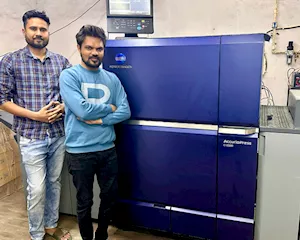
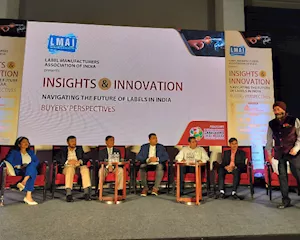
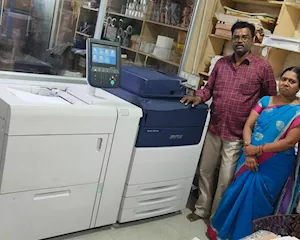
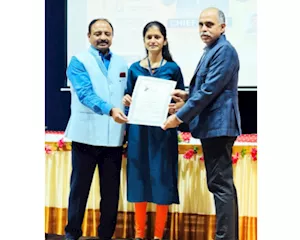
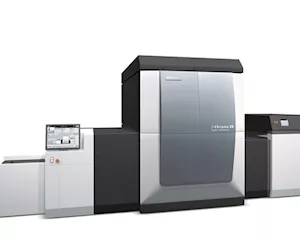






 See All
See All